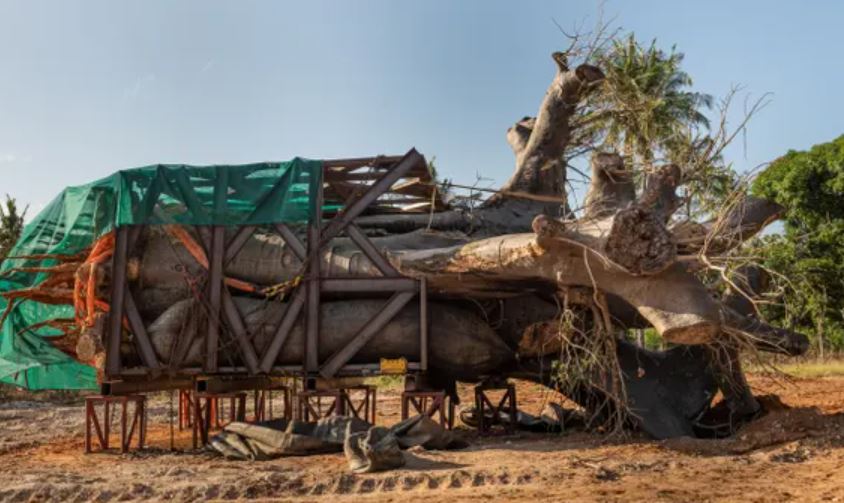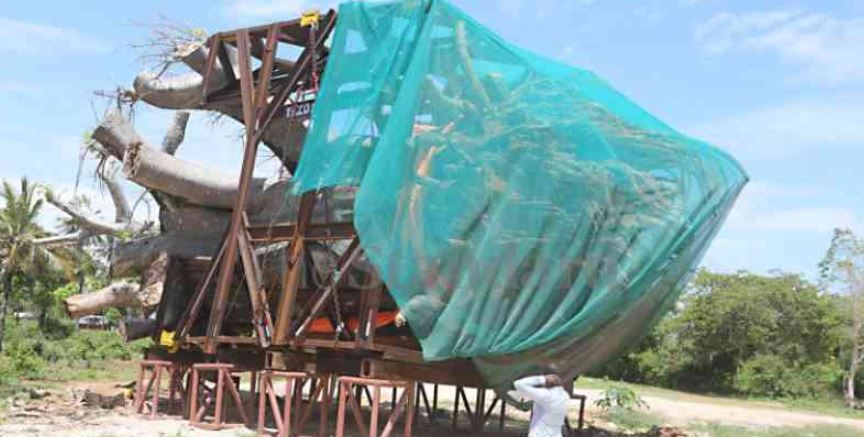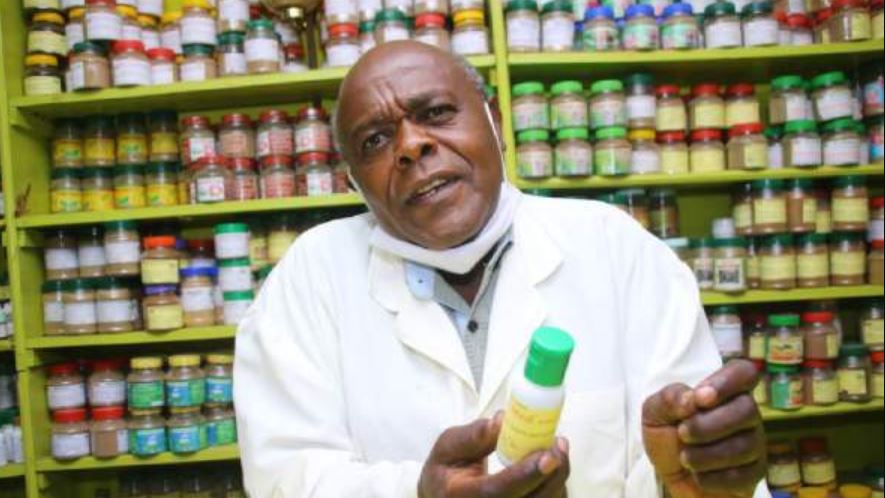
Lobby group – Kituo cha Sheria – is suing the Kenya Forest Service (KFS), the County Government of Kilifi, the Ministry of Environment and Forestry, the Attorney General and the Kenya Plant Health Inspectorate Service (Kephis).
Kituo Cha Sheria says the deal to export the indigenous trees was illegal; it wants the court to hold the government liable for uprooting Baobab trees.
The lobby argues the government never involved the locals while the firm which was issued the permit to fell the trees did not comply with the law.
Kituo Cha Sheria notes that the trees were sold for between Sh100,000 to Sh300,000 without considering their age and the benefits that Kilifi residents derive from them.
“The private investors from Georgia exploited the residents of Kilifi who are mostly facing hardship following the prolonged drought experienced and who solely rely on the benefits of Baobab three and who have been maintaining the Baobab tree for hundreds of years,” court papers read in part.
Through lawyers Tracy Wachira, Anthony Mulekyo and John Mwariri, Kituo Cha Sheria claims the export deal encourages uprooting the indigenous trees for charcoal and export.
Kituo claims KFS and the National Environment Management Authority (Nema) never considered that by issuing the patent to fell trees, the government was selling Kenya’s right to intellectual property.
The human rights organisation also notes a Baobab tree can live for 100 years, is drought resistant and provides a habitat for a number of species.
“They produce fruit that contains a high level of vitamin C, antioxidants, calcium, potassium and fibre and powder found in fruits is used in smoothies and porridge,” Kituo states adding that the fruit’s seed is also used for making beauty products.
The lobby said uprooting of Baobab will increase the level of carbon dioxide since it lessens the amount of carbon stored and once the tree releases the carbon stored.
Kituo cha Sheria’s Chief Executive Dr Annette Mbogoh in her affidavit to support the case said Ariba SeaWeed International was the firm behind the Baobab tree-cutting deal.
She expressed concerns over the increasing uprooting and transportation of trees from Kilifi region.
“The uprooting also has adverse effects on the environment as it makes the soil more prone to erosion by agents such as wind and water, destruction of animal habitats, causing the greenhouse effect and global warming,” argues the lobby.
Last November, the government halted the export of Kilifi baobabs to Georgia and ordered an investigation into how a foreign contractor received permission to transport the ancient trees out of the country.
This followed a pubic outcry over the uprooting and transportation of the trees, at a time when the country is trying to recover lost forest cover.









